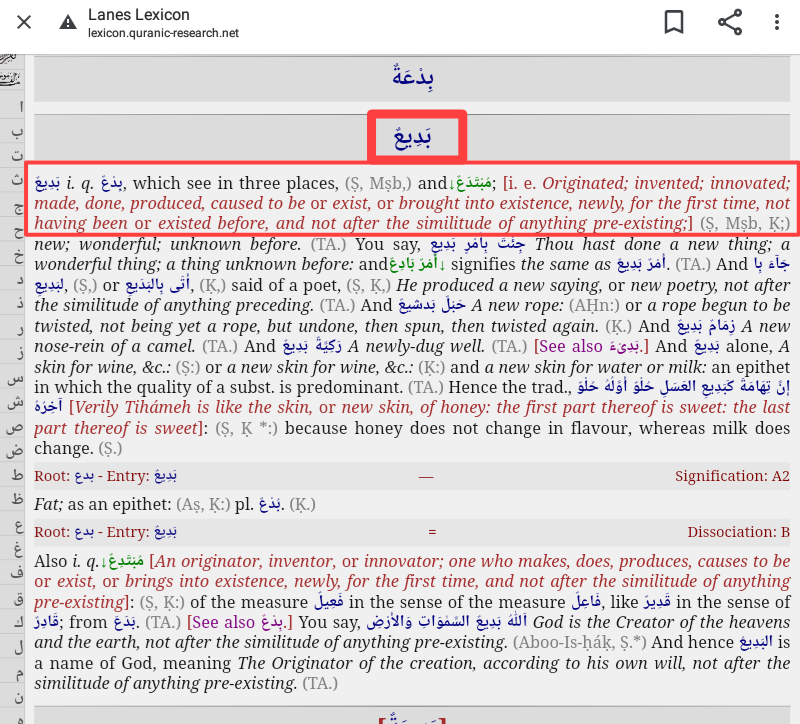Creation According to Theory of Emanationism
The verse in question doesn't suggest anything in regards with creation from nothingness. In fact, creation from absolute nothingness is a logical impossibility, unless we believe that God creates things from His own existence.
This view is elaborated in the theory of Emanationism. The theory holds that there exists various levels of creation. Each level of creation is derived from a higher degree level which is more intense, more perfect and purer than the lower. The highest level of existence is God who is the most intense, the most perfect and the most pure from whom all lower-degree levels emanate. In each level of emanation the higher levels are present but are less manifest. Thus God is omnipresent in all levels yet He is less and less manifest as levels descend. This theory explains creation without assuming creation from nothingness which is a logical impossibility. See http://en.wikipedia.org/wiki/Emanationism for historical origins and more.
Quranic Evidence for the Theory [Post-Scripted]
While I believe reason alone is sufficient to establish the theory, yet an insightful revision of many Quranic concepts and doctrines have strong Emanationist implications. For example the very concept of "tanzeel" or "descent" can be reasonably interpreted as pointing to the process of emanation. This is particularly evident in the verse:
There is not a thing but with Us are its stores, and We send it down
only in precise measure. (15:21)
This verse is remarkable because it suggests that everything in the material world (which is deemed as the lowest level in the emanationist existential hierarchy) exists in Allah's "stores" (higher levels of existence) in a more perfect form and that which exists here is a descended form of that which is higher.
I actually believe Emanationism can effectively and consistently explain and substantiate various theological doctrines -- such as Divine excellence, omnipresence, omniscience and creation hierarchy -- that are common to world major religions.


